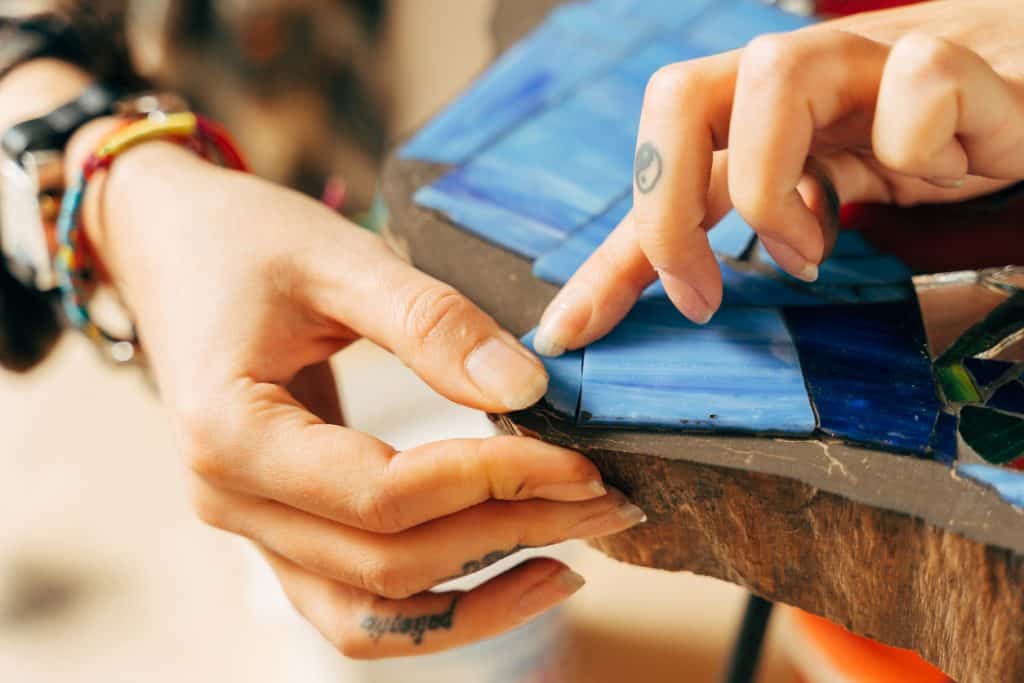Taking that first step into therapy is like opening a door to an unfamiliar room – you know you want to enter, but you might not be sure how to cross the threshold. Maybe you’re sitting in that waiting room, heart beating a little faster, wondering what to say when you finally meet your therapist. Don’t worry – you’re not alone in feeling this way. Countless others have sat exactly where you are, holding the same questions and concerns.
The good news? There’s no “perfect” way to start therapy. What matters is finding your own authentic voice, even if it begins with saying “I’m nervous” or “I’m not sure where to start.” Think of these initial conversations as laying down stepping stones across a stream – each word you share creates a path toward understanding and growth.
Whether you’re completely new to therapy or returning after a break, this guide will help you find your voice. We’ll explore practical ways to begin these important conversations, share tips for expressing yourself effectively, and show you how to transform hesitation into meaningful dialogue. After all, the most powerful therapeutic journeys often begin with the simplest of words: “I’m ready to talk.”
Breaking the Ice in Therapy
Picture your first therapy session like meeting a trusted guide before starting a journey. Sure, those initial steps might feel a bit shaky, but there’s a simple truth worth remembering: your therapist is there specifically to walk alongside you, wherever your path may lead.
Start with what feels real to you in the moment. Maybe it’s as straightforward as “I’ve been lying awake at night, wondering why I can’t seem to relax,” or “Lately, everything feels like it’s just… too much.” These aren’t just conversation starters – they’re your first authentic steps toward understanding yourself better.
Your goals matter too, even if they’re not crystal clear yet. You might say:
* “I want to feel more like myself again”
* “I need tools to handle my anxiety when it shows up”
* “I’m not even sure what I need, but I know something needs to change”
And here’s something many people don’t realize: it’s perfectly okay – helpful, even – to voice your concerns about therapy itself. Feeling nervous about opening up to someone new? Say that. Worried about what the process might uncover? Share it. This kind of honesty isn’t just allowed; it’s welcomed.
Think of your first session as setting the foundation for a unique partnership. You’re not expected to arrive with a perfectly crafted story or a detailed plan. What matters is showing up as you are, with whatever thoughts and feelings you’re carrying. Remember, your therapist isn’t looking for a polished performance – they’re looking to understand your genuine experience, one conversation at a time.
Common Therapy Conversation Starters
Ever sat down for your therapy session and felt your mind go blank? It happens to just about everyone. Think of starting your session like dipping your toes in a pool – you don’t have to dive straight into the deep end. Here are some natural ways to begin that conversation:
Start With Recent Events
“This week has been different. Last Tuesday…” Your daily experiences are like chapters in your story, each one offering insights into your mental well-being. Maybe you noticed:
- A conversation that left you unsettled
- A moment when anxiety crept in unexpectedly
- A small victory that felt surprisingly significant
Share Your Patterns
Sometimes the most powerful conversations start with simple observations about yourself:
- “I’ve realized I always hold my breath when…”
- “My mind seems to race most when…”
- “Lately, I’ve noticed a pattern in how I react to…”
These aren’t just conversation starters – they’re windows into your experiences that help your therapist understand your world better.
Embrace the Uncertainty
Not sure what to talk about? That’s valuable information too. Try:
- “My thoughts feel jumbled today, but I’d like to sort through them”
- “I’m not certain where to begin, but something feels off”
- “Can we explore why I’m feeling stuck right now?”
Remember, therapy isn’t about having everything figured out. It’s about creating space to understand yourself better, one conversation at a time. Sometimes the sessions that start with “I don’t know” lead to the most meaningful discoveries.


